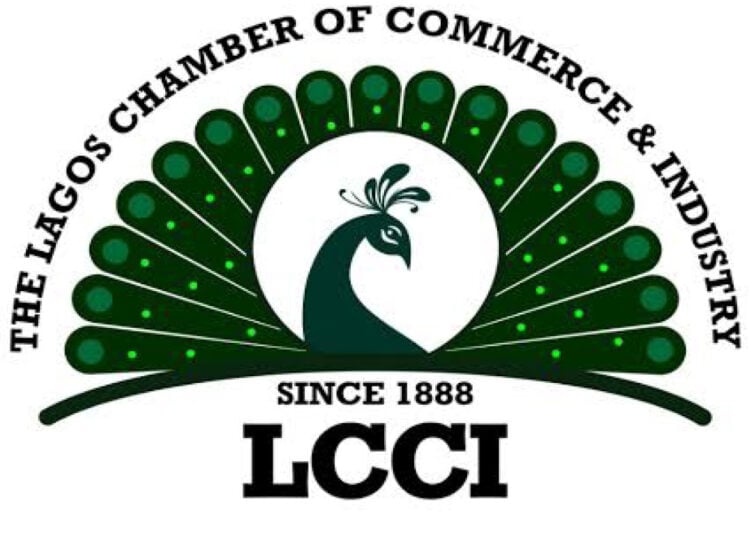The Lagos Chamber of Commerce and Industry (LCCI) has welcomed the newly imposed 15% import tax on petrol and diesel, describing it as a sound economic policy aimed at promoting local refining and energy self-sufficiency.
However, the Chamber stressed the need for a measured implementation to prevent cost-of-living spikes and supply-chain disruptions. It cautioned that premature import restrictions without adequate domestic production could lead to fuel shortages, higher pump prices, and inflationary pressures across key sectors.
Dr. Chinyere Almona, Director-General of LCCI, highlighted the importance of reducing fuel import dependence to achieve energy security, encourage local refinery investments, and strengthen the downstream petroleum sector. She noted the current limitations in domestic refining capacity and warned:
“A premature restriction on imports without sufficient local output could threaten supply availability and pricing stability.”
Almona called on the federal government to prioritize the operationalization of existing refineries, empower both public and private sector refiners, including modular and revitalized major facilities, and implement a crude oil supply framework denominated in naira to enhance cost efficiency and stabilize production.
She also urged collaboration with labour unions to foster industrial harmony and boost private sector confidence. Almona emphasized that clarity, consistency, and transparency in executing the tax are critical to avoiding market distortions and maintaining investor confidence.
“Though the reform is grounded in sound industrial policy, its success depends on effective implementation, safeguards, and complementary measures to reduce costs for businesses and consumers. With local refining still developing, the tax could raise fuel costs while imports continue,” she explained.
Almona stressed that the government should empower local refiners through a streamlined crude-for-naira supply chain, ensuring stable crude supply and enabling refiners to increase capacity and meet domestic demand at competitive prices.
She concluded that a zero-import scenario would generate substantial benefits for the economy, including job creation, foreign exchange conservation, a stronger exchange rate, and increased government revenue.








